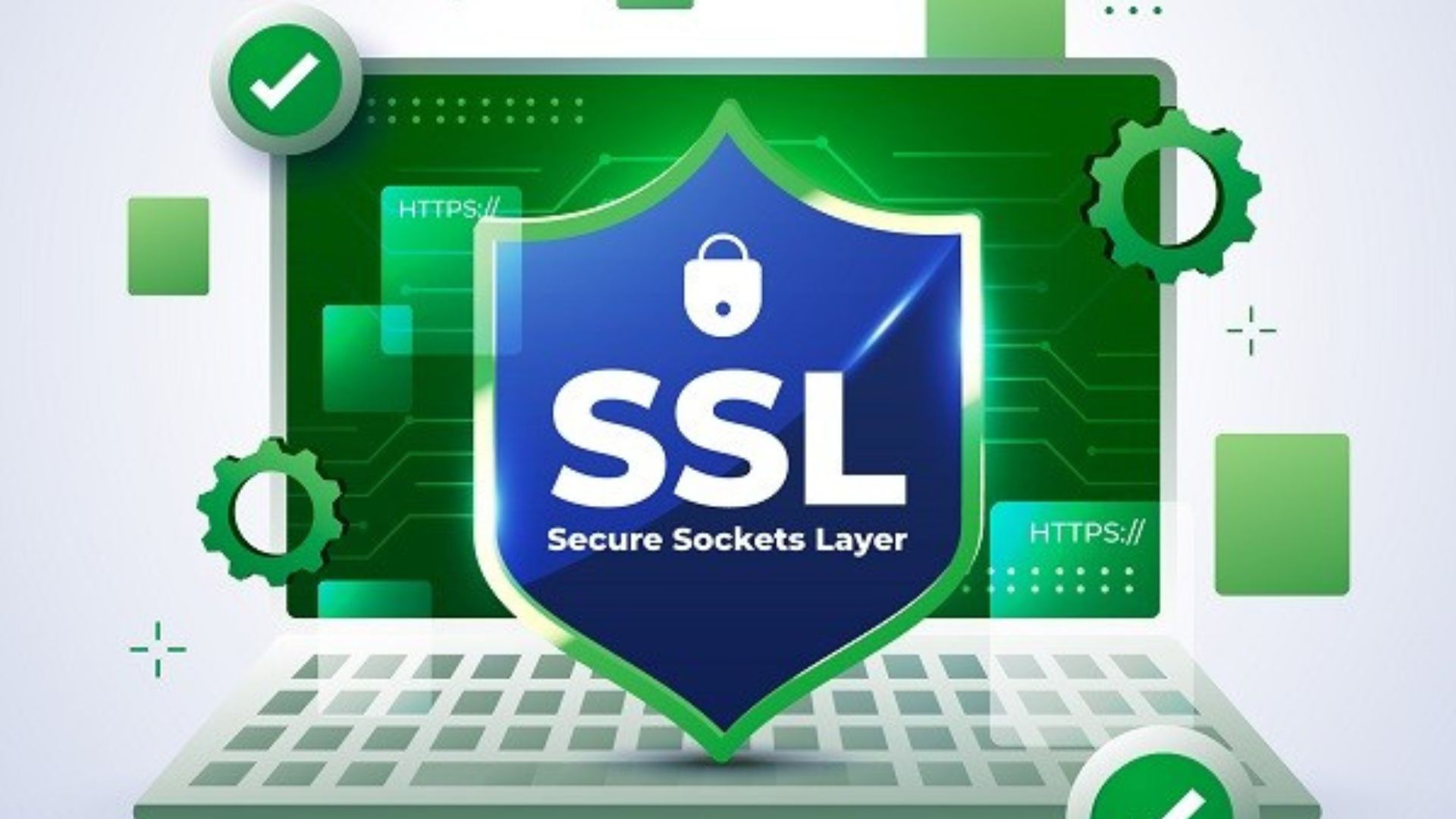In today’s digital age, the security of your website is of paramount importance. With cyber attacks and hackers becoming increasingly sophisticated, it is crucial to take necessary measures to protect your online presence. Here are some steps to secure your website against cyber attacks and hackers:
- Keep your software and plugins updated: Regularly updating the software and plugins used on your website is essential in preventing security vulnerabilities. Developers frequently release updates to address any identified security flaws. Ensure that you install these updates promptly to minimize the risk of exploitation by hackers.
- Use strong and unique passwords: One of the simplest yet most effective ways to secure your website is by using strong and unique passwords. Avoid using passwords that are easy to guess, such as your birthdate or “password123.” Instead, opt for complex combinations of letters, numbers, and symbols. Additionally, consider using a password manager to generate and store your passwords securely.
- Implement two-factor authentication (2FA): Two-factor authentication adds an extra layer of security to your website. In addition to using a strong password, 2FA requires users to provide another form of verification, such as a unique code sent to their mobile device. This ensures that even if a hacker obtains a user’s password, they still cannot gain access without the second authentication factor.
- Secure your web hosting: Choosing a reliable and secure web hosting provider is crucial for the overall security of your website. Ensure that your web hosting provider follows best practices for security, such as regular backups, server monitoring, and protection against Distributed Denial of Service (DDoS) attacks. Additionally, consider using secure protocols like HTTPS to encrypt data transmitted between your website and visitors.
- Regularly back up your website data: Regularly backing up your website’s data is vital in case of a successful cyber attack or hacking attempt. This way, even if your website is compromised, you can quickly restore it to its previous state. Make sure to store your backups in a secure location separate from your website server.
- Monitor your website for suspicious activity: Implementing a system to monitor your website for any suspicious activity can help you detect and respond to cyber-attacks quickly. Regularly check your website logs for any unusual patterns or access attempts. Consider using a web application firewall (WAF) or security plugins that actively monitor and block malicious traffic.
- Educate your team and users: Human error is often one of the weakest links in website security, so it’s essential to educate your team and website users about best practices. Train your team on topics such as phishing attacks, secure browsing habits, and safe password practices. Encourage your users to choose strong passwords and be cautious about clicking on suspicious links or downloading unknown files.
- Perform regular security audits: Conducting regular security audits can help you identify vulnerabilities and address them proactively. Regularly scan your website for vulnerabilities, perform penetration testing, and ensure that your security measures are up to date.
Securing your website against cyber attacks and hackers requires constant vigilance and ongoing efforts. By following these essential steps, you can significantly enhance the security of your website and protect it from potential threats. Remember, investing in website security is an investment in the long-term success and reputation of your business.










